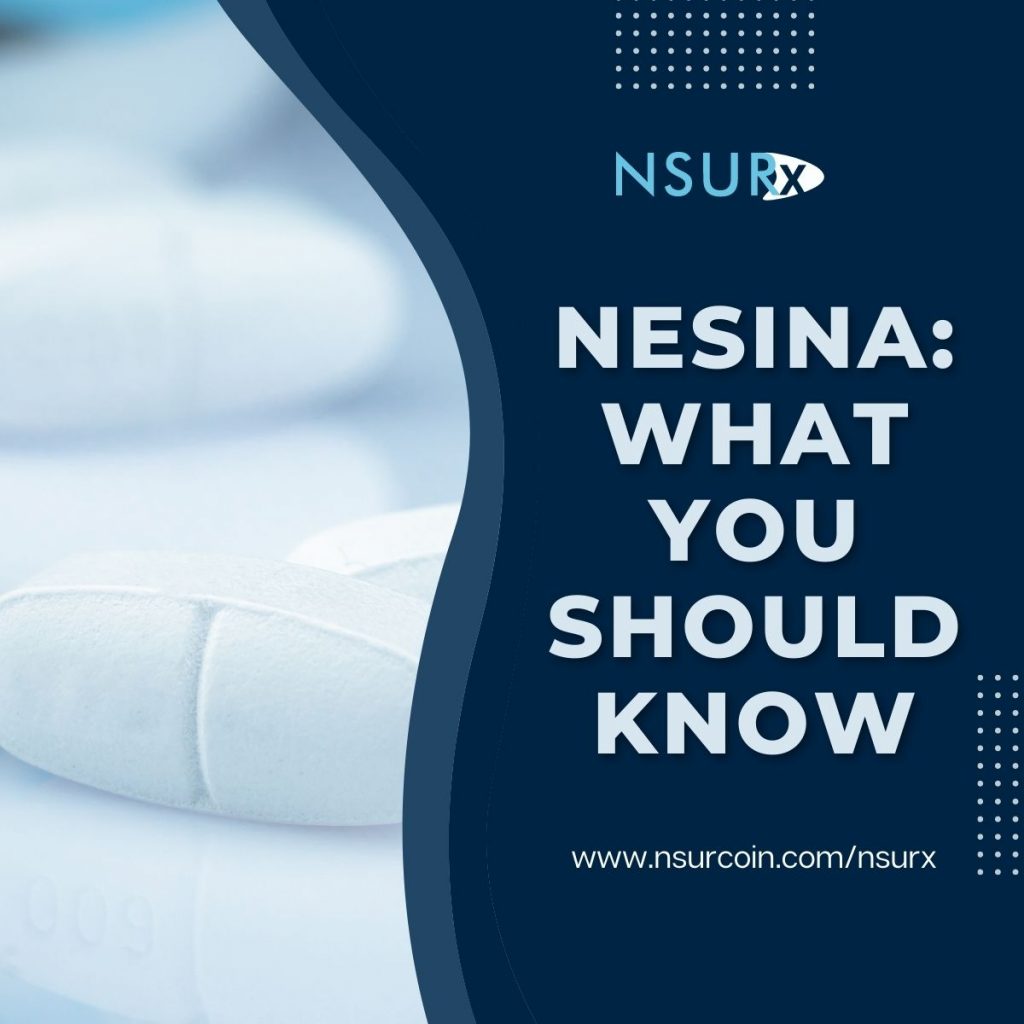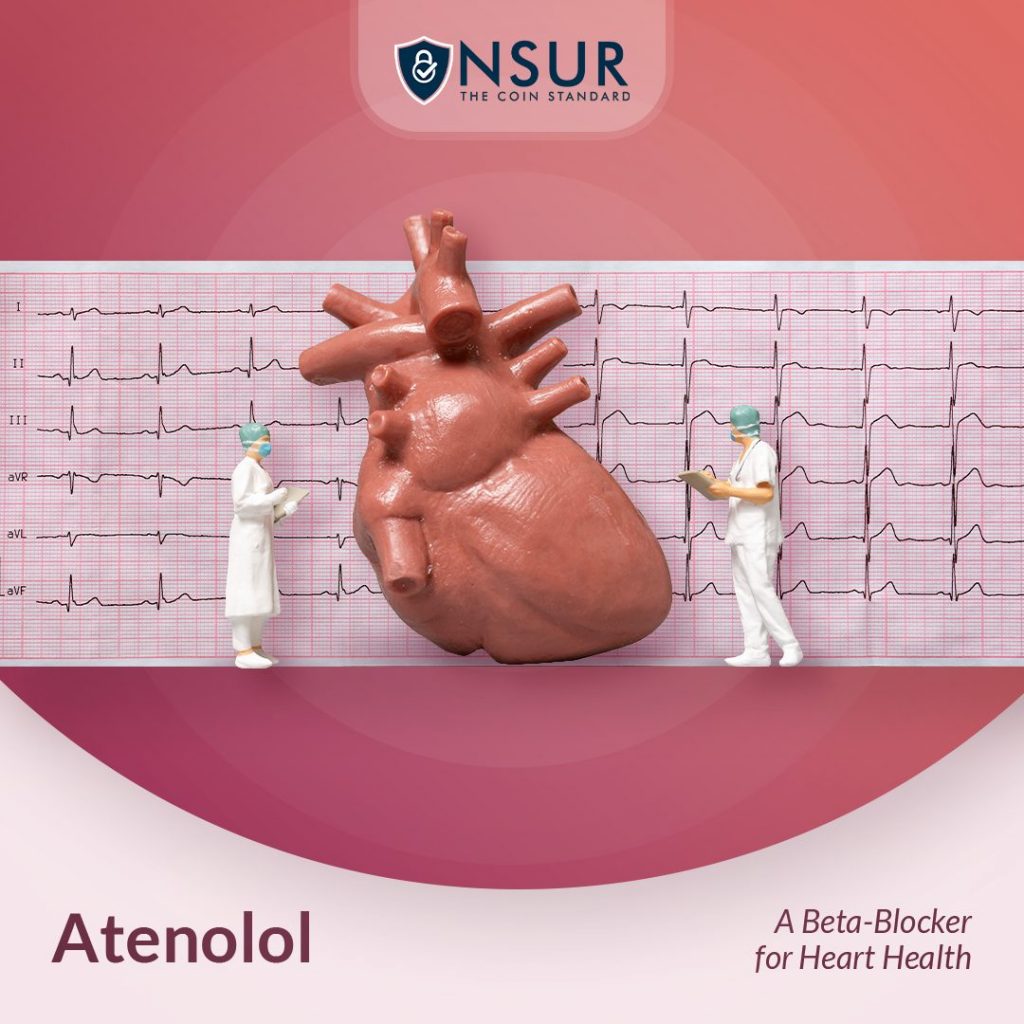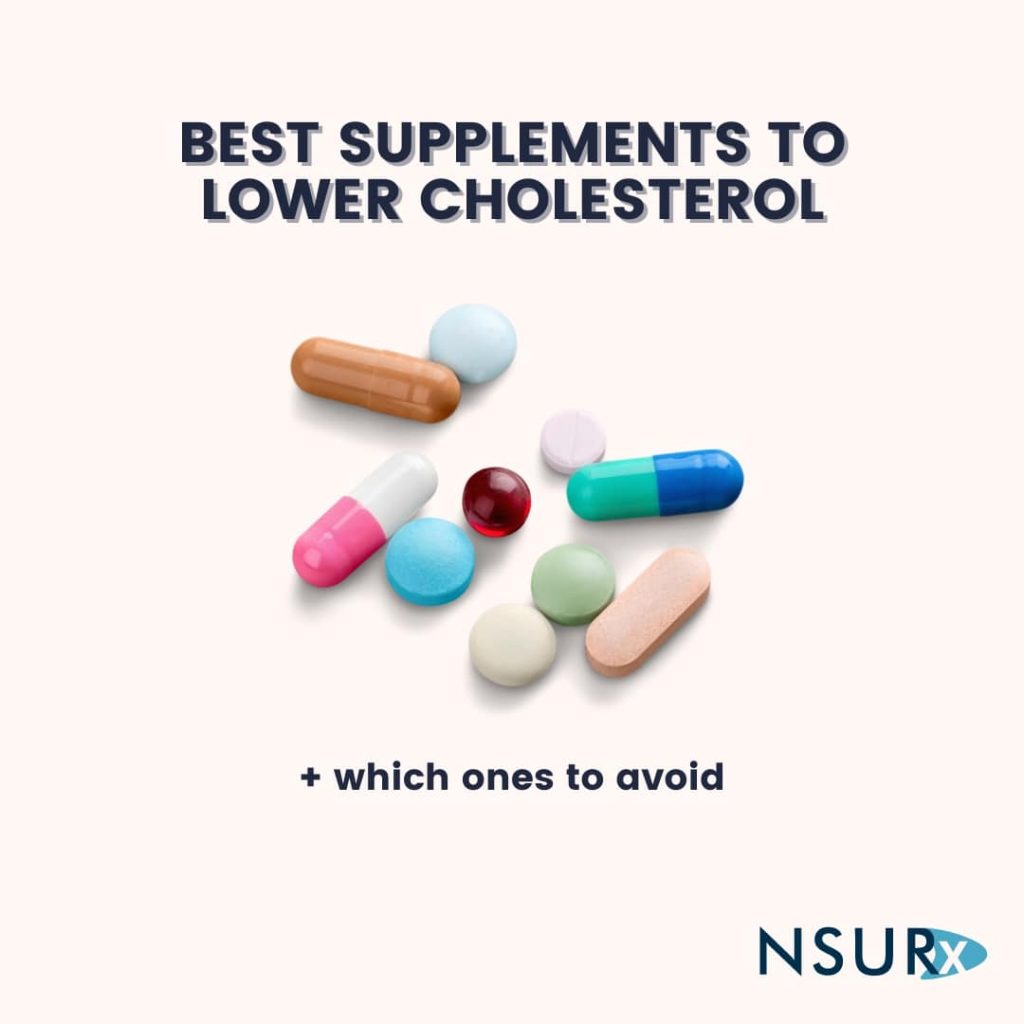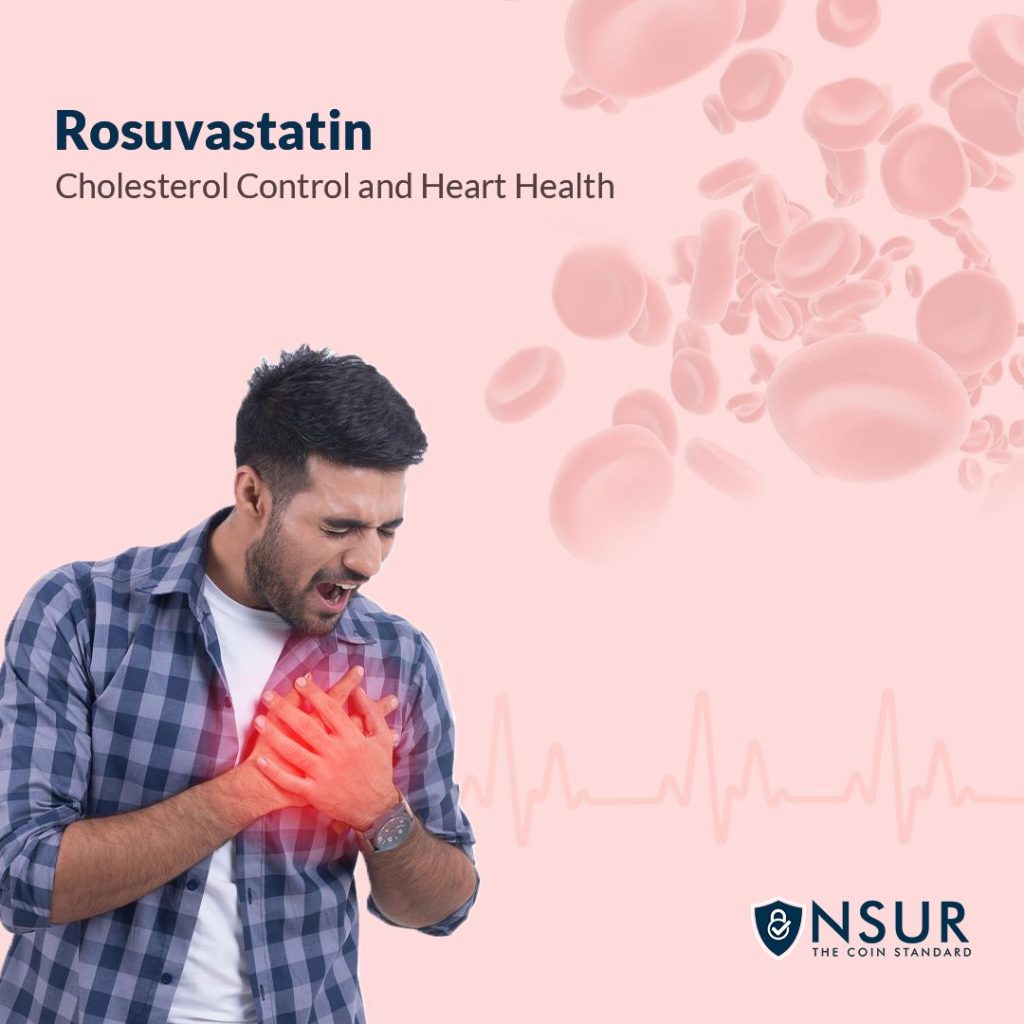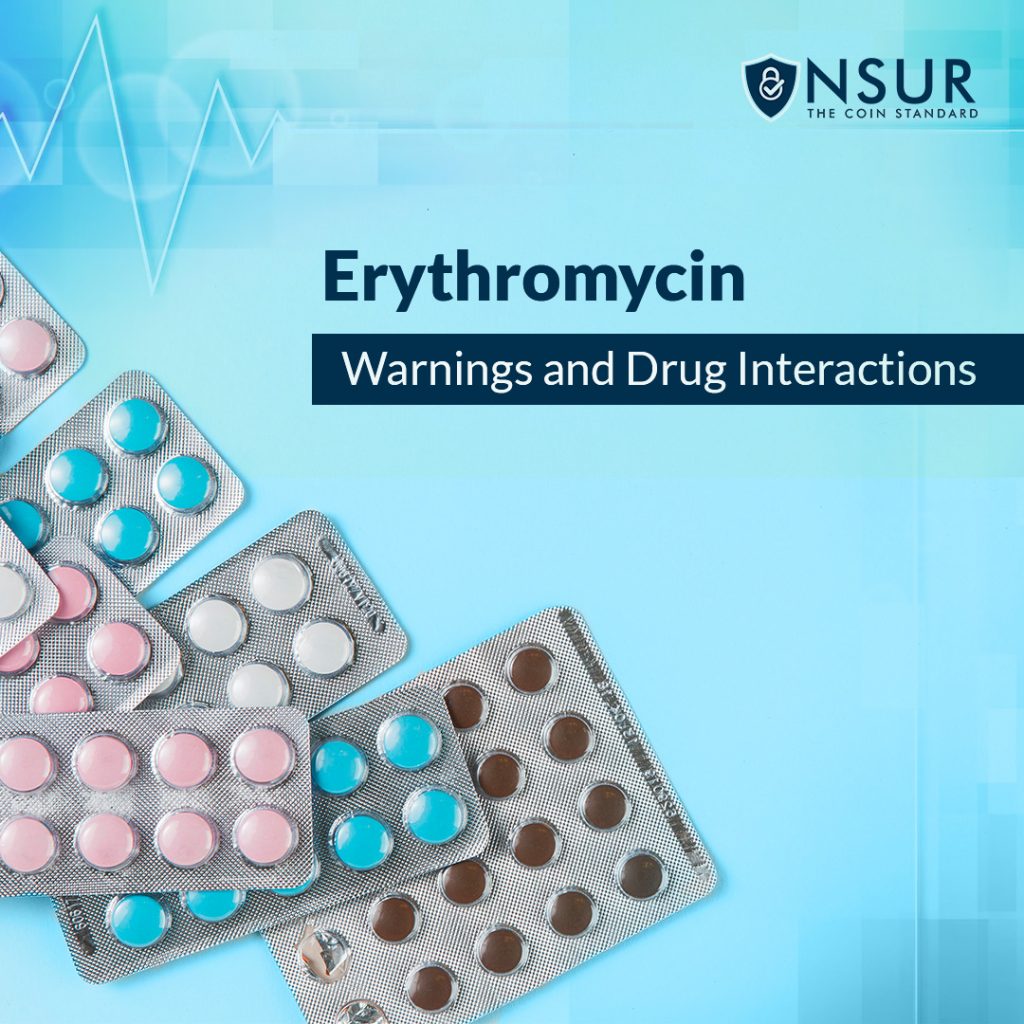
Erythromycin is a drug that is used to address a broad range of bacterial infections. It can also be used to keep certain viral diseases at bay. A macrolide antimicrobial is erythromycin. It functions by inhibiting bacterial development. Only bacterial illnesses are treated or prevented by this drug. It is ineffective against viral diseases (such as the common cold, flu).
Uses of Erythromycin
This medication is used to treat the following conditions:
- Amebiasis
- Bacteremia
- Bacterial Endocarditis Prophylaxis
- Bowel Preparation
- Campylobacter Gastroenteritis
- Chancroid
- Granuloma Inguinale
- Legionella Pneumonia
- Lymphogranuloma Venereum
- Mycoplasma Pneumonia
- Nongonococcal Urethritis
- Osteomyelitis
- Otitis Media
- Pelvic Inflammatory Disease
- Pharyngitis
- Pneumonia
- Skin or Soft Tissue Infection
- Syphilis — Early
- Upper Respiratory Tract Infection
- Bacterial Infection
- Skin and Structure Infection
- Bronchitis
- Surgical Prophylaxis
- Chlamydia Infection
- Lyme Disease
- Diphtheria
- Rheumatic Fever Prophylaxis
- Gastroenteritis
- Bartonellosis
- Impetigo
- Pertussis
How to take this medication?
Take this medication by mouth, usually before a meal, as directed by your doctor. Take on an empty stomach for highest absorption efficacy. . If you get nausea, take it with food or milk.Take the medication whole. Avoid chewing or crushing.
The duration and dosage of treatment are determined by your medical condition and response to treatment. The dosage for children is also determined by their age and weight.Take this antibiotic at regular intervals for the best results. Take this medicine at the same time(s) every day.
If taking this medication to treat an infection, keep taking it until the full prescribed amount is gone, even if your symptoms go away after a few days. Stopping the medication too soon may result in the infection reappearing. Inform your doctor if your condition persists or worsens.
Take this medication exactly as directed by your doctor if you are taking it to prevent certain bacterial infections. Do not stop taking the medication without first consulting your doctor.
Warnings
If you are allergic to any ingredients in erythromycin, you should not use it.
When combined with erythromycin, some medications can have undesirable or harmful side effects. If you also use: lovastatin, simvastatin, pimozide, or ergotamine, dihydroergotamine, your doctor may alter your treatment plan.
Inform your clinician if you’ve ever had:
- Long QT syndrome (in you or a family relative);
- liver or kidney illness;
- myasthenia gravis;
- a cardiac rhythm issue; or
- an electrolyte imbalance (such as low levels of potassium or magnesium in your blood).
It is unknown whether this medication will harm an unborn child. If you are pregnant, notify your doctor. Breastfeeding may be unsafe while taking this medication. Inquire with your doctor about any potential risks.
Drug Interaction
Drug interactions can alter the way your medications work or put you at risk for serious side effects. This document does not include every possible drug interaction. Maintain an inventory of all the products you use (including prescribed and nonprescription medications, as well as herbal supplements) and share it with your doctor and pharmacy. Do not start, halt, or alter the dosage of any medications without first consulting your doctor.
Aside from erythromycin, many other drugs, such as amiodarone, dofetilide, pimozide, procainamide, propafenone, quinidine, and sotalol, can cause QT prolongation.
Other medications can interfere with the removal of erythromycin from your body, which can affect how well it works. Azole antifungals (such as itraconazole and ketoconazole), certain calcium channel blockers (such as diltiazem and verapamil), anti-seizure medications (such as carbamazepine and phenytoin), quinupristin-dalfopristin, and saquinavir are some examples.
Take advantage of NSURx for your prescription drugs!
With the NSURx Prescription Benefit Card, you can save money on your Erythromycin medications at more than 35,000 pharmacies across the United States.
You can save up to 80% on your medication by using an NSURx card. Hundreds of dollars in savings could be yours every time you fill out your prescription.
The more you shop with NSURx, the more NSUR Coins you will receive as a reward.
Reference:


